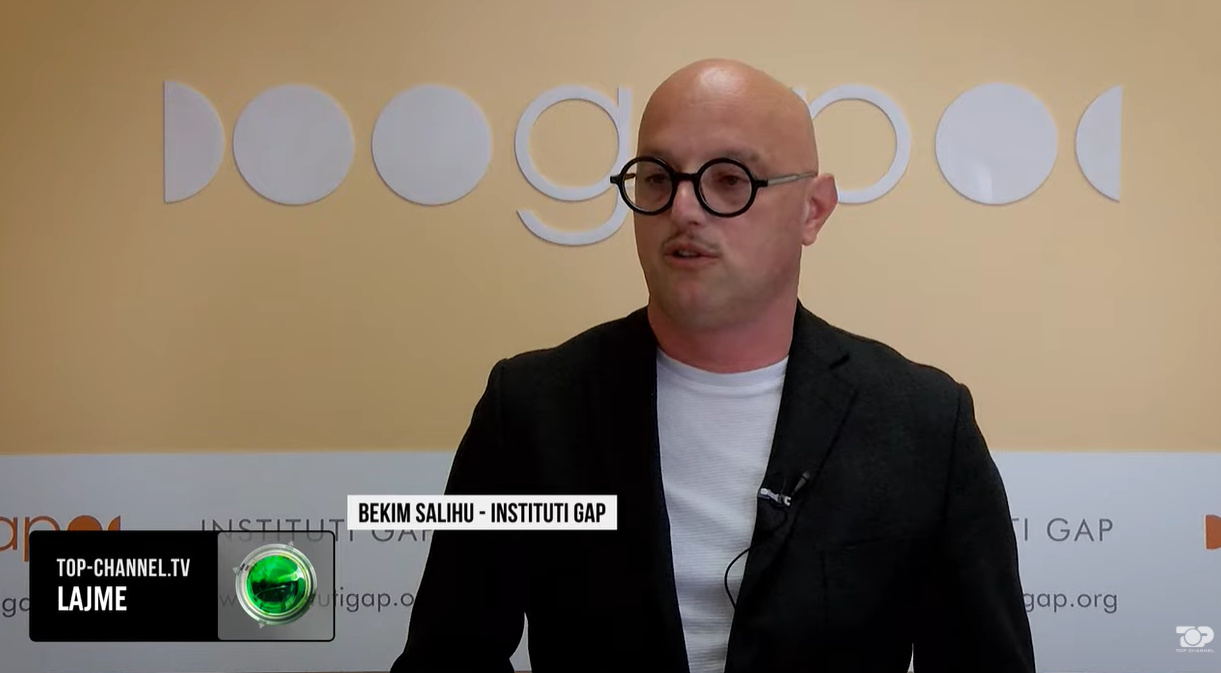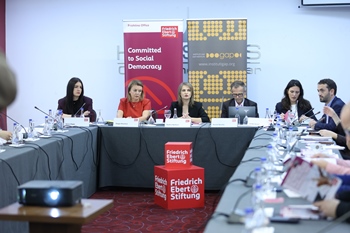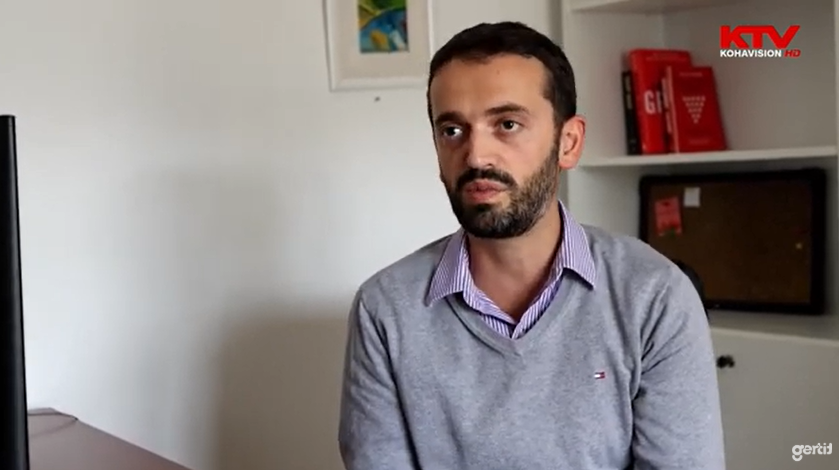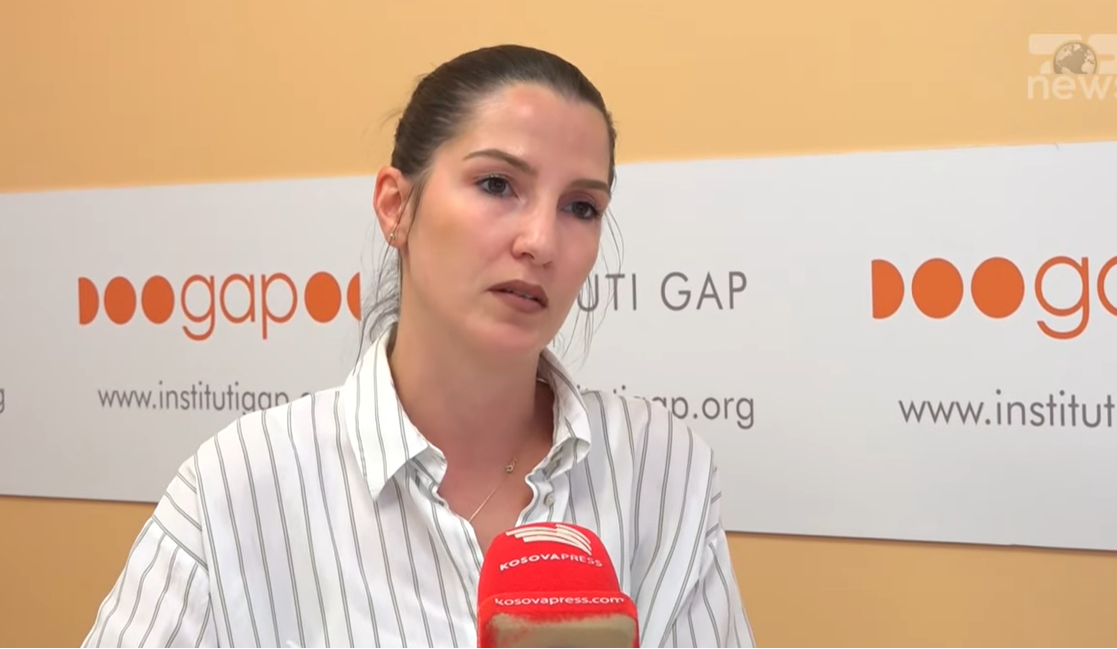The emigration of Kosovos labor force to Germany
25/02/2020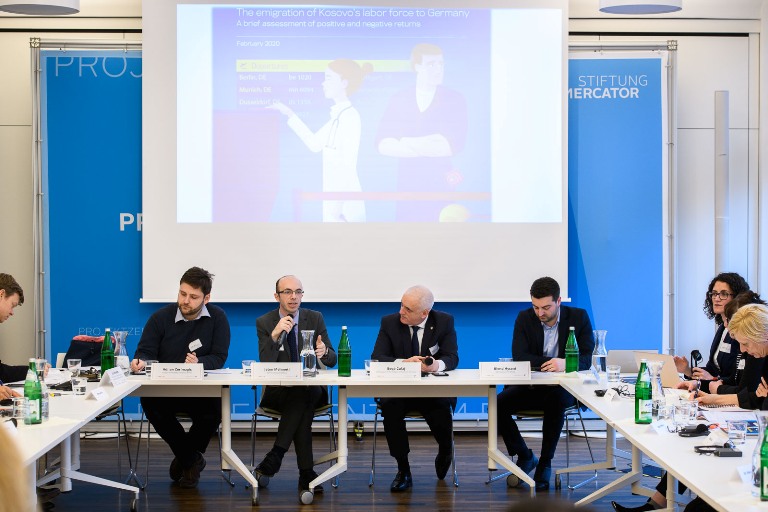
GAP Institute, in cooperation with the German organization Expert Council of German Foundations on Integration and Migration (SVR), organized a roundtable discussion in Berlin, where a joint report entitled "The emigration of Kosovos labor force to Germany" was presented.
The report assesses the positive and negative effects of migration on the economies of both countries. Official data show that Kosovo citizens lead by number of applications and work visas compared to other countries in the region. During 2016-2018, from the six countries of Western Balkans, a total of 204,638 employment contracts were reviewed for approval, of which approximately 80% were approved. But only 40% of them have been granted work visas, with 24% or 15,824 for Kosovars. The report also provides data on the sectors and occupations in which Kosovo citizens have been able to obtain work visas, where construction, catering and care services lead, while the least successful occupations are the finance, insurance and education. The report also reflects the potential for even greater emigration following the entry into force of the new immigration law in Germany in March 2020. Comparing the job vacancies in each sector of the German labor market with the current employment trends in Kosovo, GAP Institute has also made projections on the risks of migration of Kosovo professionals in the coming years.
The report was welcomed by participants since for the first time in public discussions it provided not only data on the number of workers from Western Balkan countries, but also were analyzed the harmful effects of this wave of migration.
In his speech, Kosovos Ambassador to Germany, Mr. Beqë Cufaj, mentioned the rapid integration of Kosovos citizens into the German labor market, without overlooking some of the barriers that are being worked on to overcome, such as the recognition of drivers licenses. Analyst from the German organization European Stability Initiative (ESI), Mr. Adnan Cerimagic, talked about migration as a common phenomenon for the whole region, with emphasis on his country of origin Bosnia and Herzegovina. Mr Jan Schneider, from the partner organization SVR, said that German labor migration rules give priority to Balkan nationals, but the German government must also analyze the economic and socio-cultural consequences of Kosovo and the region before the EU immigration rule is extended beyond 2020. The representative of the German Foreign Affairs Ministry, Mrs. Christiane Hullmann said that her countrys goal is not only to attract qualified people from Kosovo but also to help make Kosovo an attractive place for its citizens. Meanwhile, Mr. Helge Tolksdorf, a representative from the German Ministry of Economy, mentioned the case of the technology and innovation camp in Prizren, as an example of Germanys commitment to creating jobs in Kosovo. The discussion was also attended by representatives of the German Builders Union, the German Employment Agency, German business associations, representatives of various German foundations, as well as analysts from research organizations.
The findings of the report will be discussed at a separate roundtable in Pristina in the coming days.
Click here te read the full report.








